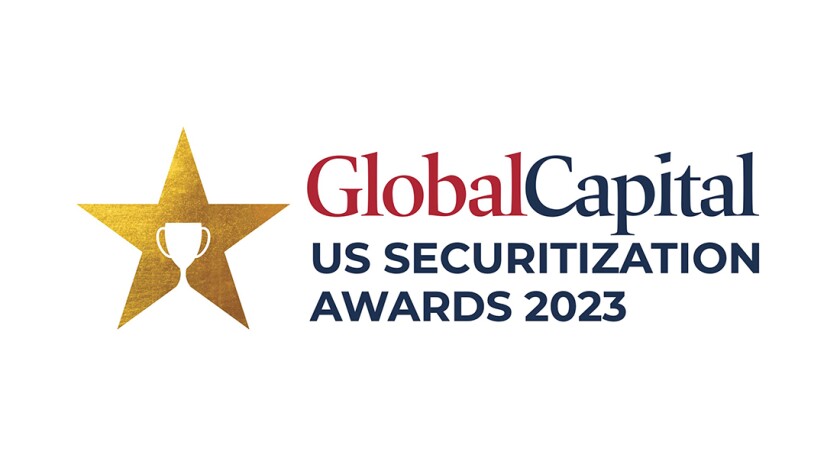Community solar has become a powerful force in the shift towards green energy. In 2022, DSD Renewables opened the door to a new source of funding for the industry, becoming the first borrower to issue a securitization backed with a significant concentration of community solar assets. Impressive in terms of innovation and impact, the $155m transaction was a clear winner of GlobalCapital’s ESG Securitization Deal of the Year.
DSD is on a mission to accelerate the deployment of renewable energy in the US, working on projects spanning onsite and offsite solar, battery storage and EV charging. With a growing portfolio of solar assets across community solar, as well as commercial and industrial clients, the firm turned its attention to securitization as a new source of funding. In 2020, DSD began discussions on a debut deal with bookrunner and structuring agent Atlas SP. Through the subsequent volatility of the COVID pandemic, DSD continued to work hard on building the right structure for its first-of-a-kind transaction.
“It took us about two years to put everything together,” says Jamie Hutson, DSD’s chief investment officer. “We had great partners in the Atlas team to help us think through how to structure our agreements with customers, how to think through our processes internally and how to ultimately structure a very successful transaction.”
The Osprey Securitization I comprised a $112.5m tranche of A- rated Class A notes and a $42.5m tranche of Class B notes rated BBB-. The underlying portfolio reflected the breadth of DSD operations, including 116 sites across 11 states. Community solar accounted for 44% of the aggregate discounted solar asset balance (ADSAB) - making Osprey the first ABS deal to include such assets. The other 56% was commercial and industrial (C&I) solar assets - and Osprey was only the second ever ABS deal to include C&I.
“We're really excited about the deal and the fact that it opened up capital market access to community solar and to onsite commercial solar in a way that has never really been done before,” says Hutson.
With residential solar, the loan or a lease to fund the mounting of solar panels on a given house is secured by the physical panels as an asset. With community solar, however, the customer is separated from the asset. This prompted DSD to use a data-driven approach to analyze customer data over several years. Partnering with top data providers able to aggregate information across the solar industry, DSD brought fresh insight to aspects including revenue generation and customer turnover. This in turn helped rating agencies and investors better understand key metrics like credit risk.
“We really tried to focus on the repeatability of the transaction in light of the rating agency methodology for solar,” says Hutson. “Not only do we want to do this again, but we wanted to make sure that peers can use our approach to data and structure to get the right outcomes.”
One key message that DSD helped investors and rating agencies appreciate is the extent to which the firm adds value for its customers. Communities and industrial companies are turning to solar power because it represents the most cost-effective option for energy. “When you’re adding value to your customers the credit story all the way down looks much stronger,” says Hutson. “The market can see the benefit our clients get from partnering with DSD.”
A burgeoning pipeline of almost 1GW across projects in 24 states means the firm does not plan to wait long to return to the securitization market. It took around three years for DSD to construct the assets backing the first transaction, Hutson says it should take the firm a little over one year to build the projects for a second.
“Our goal is to be a programmatic issuer and continue to build on the relationships that we established, build new ones and continue educating investors across the market,” he says. “We've got a really smart team who are excited to be innovating in a way that helps us build long-term value for customers.”

